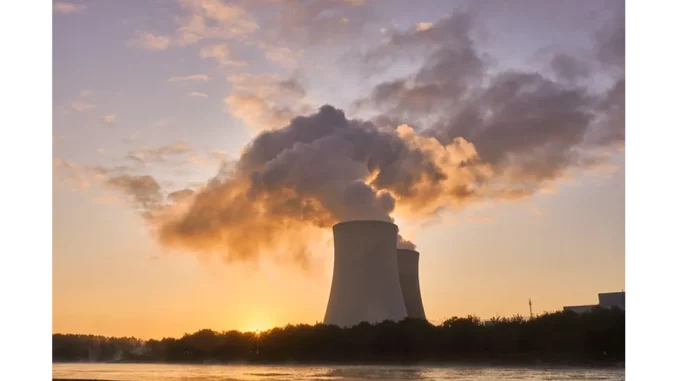
Iran is currently facing a severe power crisis, exacerbated by an unprecedented heatwave and ongoing economic challenges. Amid this turmoil, illegal cryptocurrency mining has emerged as a significant contributor to the strain on the country’s electricity grid. In response, the Iranian government has introduced bounties to incentivize citizens to report unauthorized mining activities, aiming to curb the rampant misuse of subsidized electricity.
The power shortages in Iran have reached critical levels, disrupting both industrial production and daily life. Mostafa Rajabi Mashhadi, the CEO of Iran’s state electricity company Tavanir, has pointed out that opportunistic individuals are exploiting subsidized electricity to mine cryptocurrencies without proper authorization. This unauthorized mining has led to a dramatic surge in electricity consumption, causing significant disruptions within the country’s power grid.
To address this issue, Iranian authorities have initiated a crackdown on illegal miners. A reward system has been introduced, offering one million toman (approximately $20) to individuals who report unauthorized cryptocurrency mining equipment. This initiative aims to encourage public cooperation in identifying and shutting down illegal mining operations.
Cryptocurrency mining is an energy-intensive process, requiring powerful computers to solve complex mathematical problems. In Iran, where electricity is heavily subsidized, the cost of mining is significantly lower than in many other countries. This has attracted both local and foreign entities to set up mining operations, often without proper authorization. The result is a substantial increase in electricity consumption, further straining an already overburdened power grid. According to Rajabi, more than 230,000 illegal cryptocurrency mining devices with a power consumption capacity of 800 to 900 megawatts have been discovered. This consumption is equivalent to that of the entire Markazi Province. Providing this amount of electricity would require the construction of a 1,300-megawatt power plant, highlighting the scale of the problem.
The Iranian government has a complex relationship with cryptocurrencies. While they have been used to obscure various forms of trade and evade sanctions, they have also facilitated illicit activities. Reports suggest that large-scale crypto mining operations have been set up by influential networks and some Chinese companies, using cheap and subsidized electricity in Iran. These operations could have only been permitted with the involvement of Iran’s intelligence services and the Revolutionary Guard. In recent years, Iranian authorities have regularly announced the discovery of illegal cryptocurrency mining machines in various parts of the country. Many of these operations were based in public locations such as schools and mosques that receive free or heavily-subsidized electricity. In 2022, the state’s Intelligence Ministry claimed to have blocked over 9,000 accounts used for illegal currency exchanges, amounting to approximately $2 billion.
The current power crisis in Iran is a multifaceted issue, with illegal cryptocurrency mining being a significant contributing factor. The government’s response, including the introduction of bounties for reporting unauthorized mining activities, reflects the urgency of the situation. As Iran continues to grapple with power shortages, the challenge of balancing the benefits and drawbacks of cryptocurrency mining remains a contentious issue. Iran’s measures to combat illegal cryptocurrency mining highlight the broader challenges faced by countries with subsidized electricity and economic pressures. As the global demand for cryptocurrencies continues to rise, the impact on national power grids and the environment will likely remain a critical concern for policymakers worldwide.

Be the first to comment